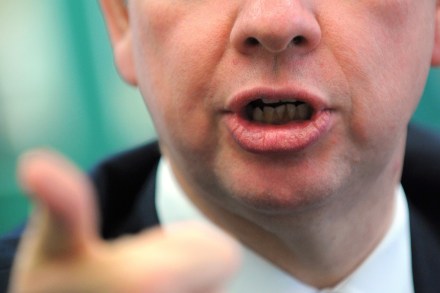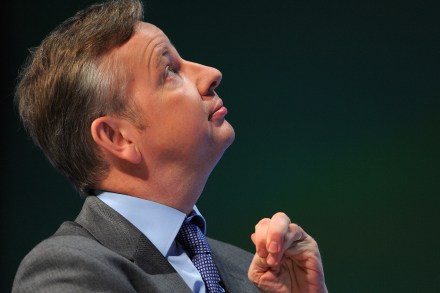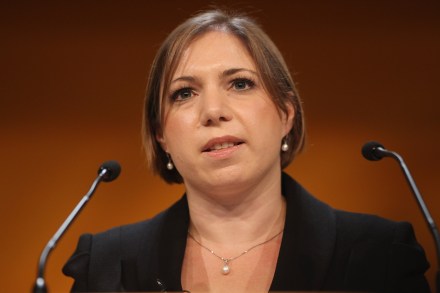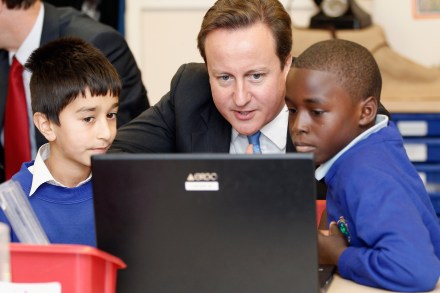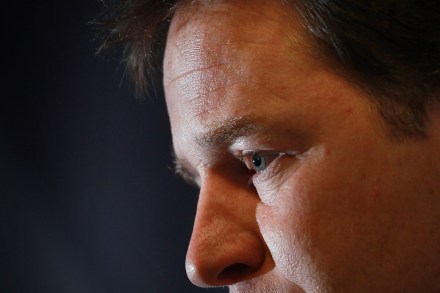Gove takes on bad teachers
Michael Gove’s giving a robust defence of his plans to make it quicker and easier for schools to sack bad teachers. ‘You wouldn’t tolerate an underperforming surgeon in an operating theatre, or an underperforming midwife at your child’s birth,’ he says in the Mail. ‘Why is it that we tolerate underperforming teachers in the classroom?’ And he was similarly forceful in an interview on the Today programme, the full transcript of which we’ve got here. Gove is emphatic about how important this is. ‘The evidence is quite clear,’ he says. ‘If you’re with a bad teacher, you can go back a year; if you’re with a good teacher you can


